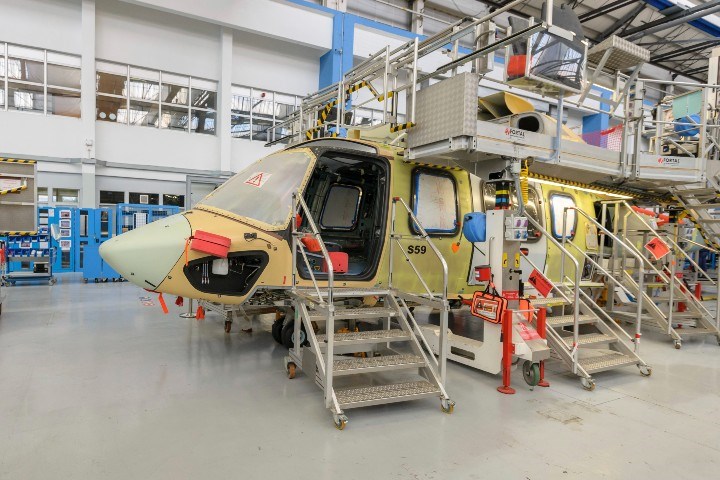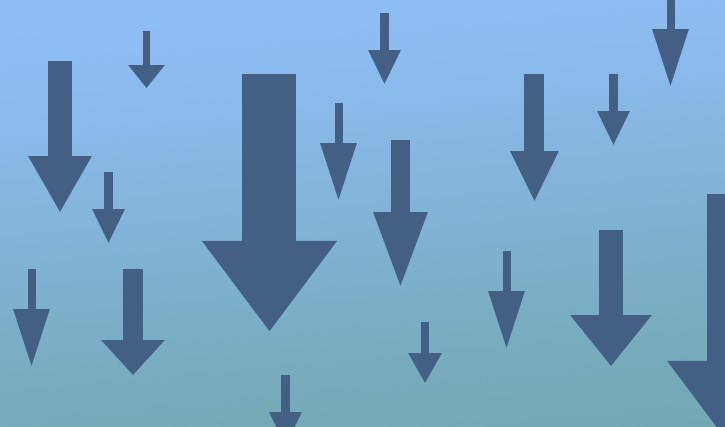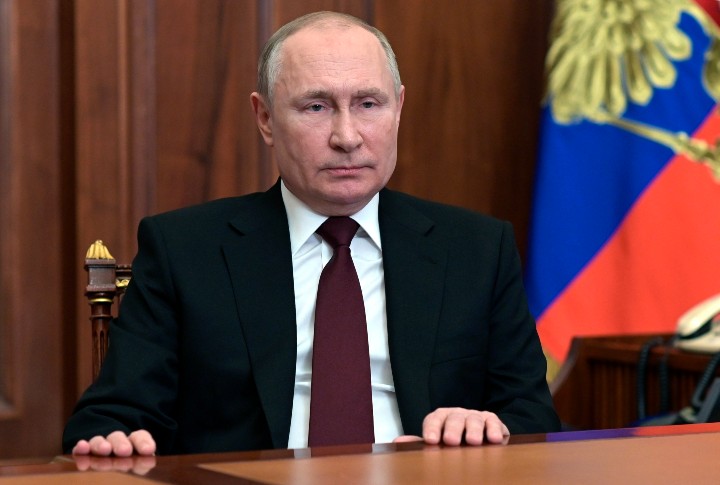
In the days since Russia's attack on Ukraine last Thursday, defence stocks have outperformed amid expectations that a heightened threat environment would lead to greater military spending in the region. That call proved correct during the weekend, with Germany pledging 100 billion euros in additional spending – roughly twice its annual defense budget – while the UK and others made less specific pledges to increase spending.
The news turbocharged the existing uplift to aerospace and defence stocks. Sensor maker Hensoldt (HAG, +45%) was leading the pack late Monday morning; other defence-focused names like Rheinmetall (RHM, +29%), Leonardo (LDO, +15%), Thales (HO, +13%) and Chemring (CHG, +13%) also stood out.
"We believe this materially improves the backdrop for the European defence sector, and we highlight Rheinmetall as the biggest beneficiary both near and medium term," Berenberg analysts Ross Law and George McWhirther wrote in a note on Monday. "Airbus, BAE Systems, MTU Aero Engines and Dassault Aviation should also benefit due to their programme exposures."
Berenberg sees a potential windfall for several large defence projects in the region, including Airbus (AIR, -1.8%) and Dassault Aviation’s (AM, +9%) Eurodrone and FCAS sixth-generation fighter developments. They also highlighted comments made by German chancellor Olaf Scholz that seem to put Lockheed Martin’s (LMT, +3.5% in premarket) F-35 back in contention for the replacement of Germany’s Tornado ground-attack aircraft. The previous German government had ruled out the F-35 in favour of Boeing’s (BA, -0.3% in premarket) F/A-18.
Jefferies analyst Chloe Lemarie expects "exposure to German defense spending to provide a key boost" as the country has made the largest and most concrete spending pledges to date. Hensoldt and Rheinmetall stand to be key beneficiaries due to their high exposure to German defence, she wrote in a note, while less-exposed names such as BAE Systems (BA., +14%) and Thales can still expect to "benefit from higher spend across the board, and from support of their own countries sent to Ukraine."
Civilian Market Vulnerable
Stocks with a broader exposure to civil aviation underperformed pure-play defence names as tit-for-tat airspace closures upended popular routes between Europe and East Asia, while the EU banned aircraft and spare parts sales to Russia’s airlines. According to flag carrier Aeroflot’s website, Airbus models account for 63% of its fleet.
Berenberg’s analysts "believe the heightened threat environment puts upward pressure on the defence spending outlook for NATO members, particularly those countries that fail to meet the alliance’s 2% annual spending target. We suggest other countries may be prompted to follow Germany’s lead."
The Morningstar View
Morningstar equity analyst Joachin Kotze notes that revisions made by his team to their defence company rankings are unlikely to change, though there will be positive adjustments.
"While it is early days and very difficult to quantify the exact impact [of the war], we expect to make positive adjustments to our defence coverage," he said.
"Of the pure-play defence names, narrow-moat Thales (HO), Dassault (DSY), and Leonardo (LDO) trade at discounts to our fair value estimates, while wide-moat BAE Systems trades at a premium. We don't believe our revisions will change this ranking by much, and our preference is for Thales and Dassault."

































